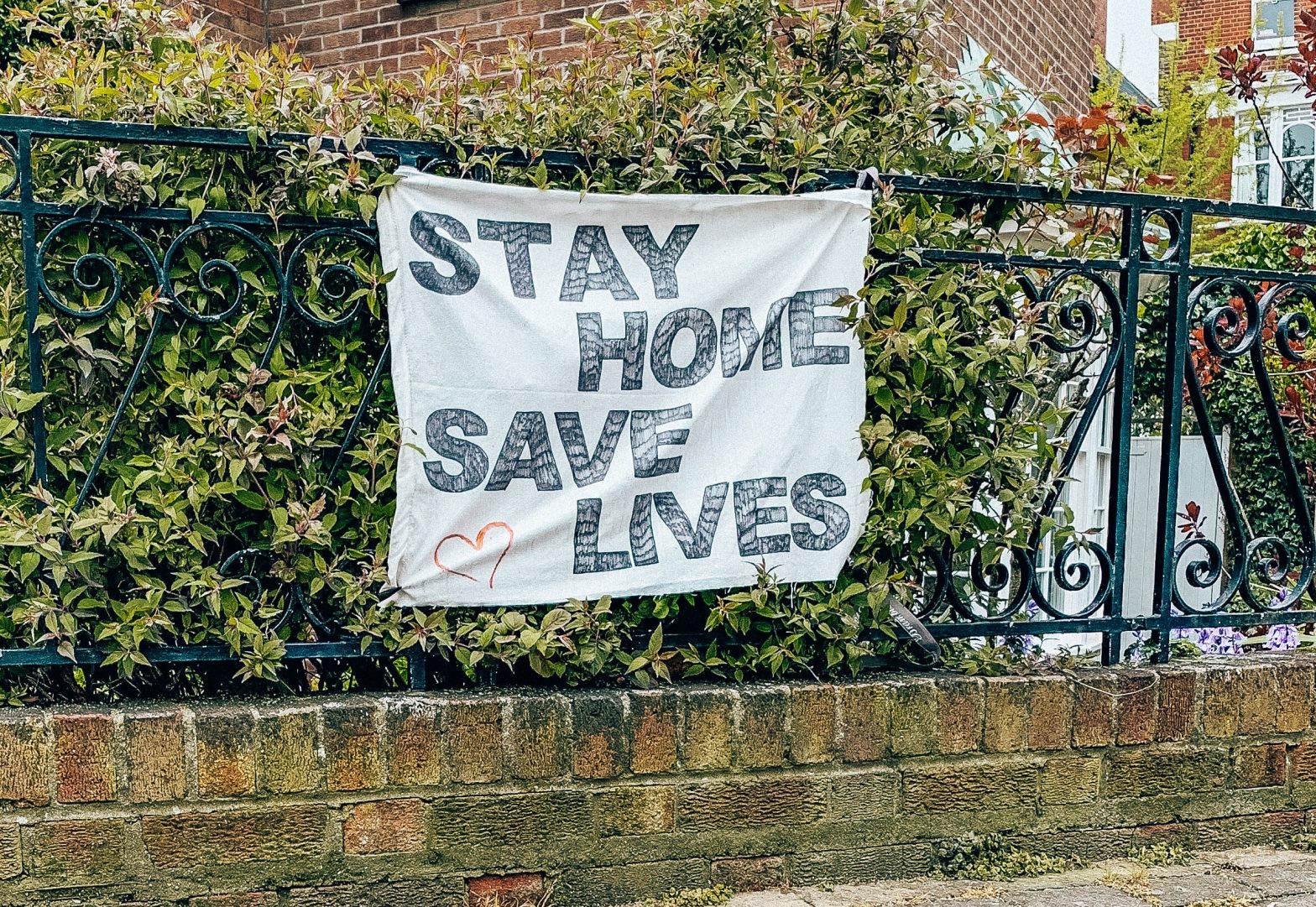Murder is down in London during the last 50 days – but is that because of the coronavirus restrictions? Crime fell by 35 per cent in London during the past six weeks of “lockdown” compared to the same period last year, according to The Times. Knife crime was down 50…
You must be a paid subscriber to view this page - we rely on donations to keep the website going.
For £5 a year, subscribers receive the following benefits:
- Full access to our long-read features and reports of court hearings
- The ability to add case markers to the historical murder map of London
Sign up here, or Login if you are already registered.
